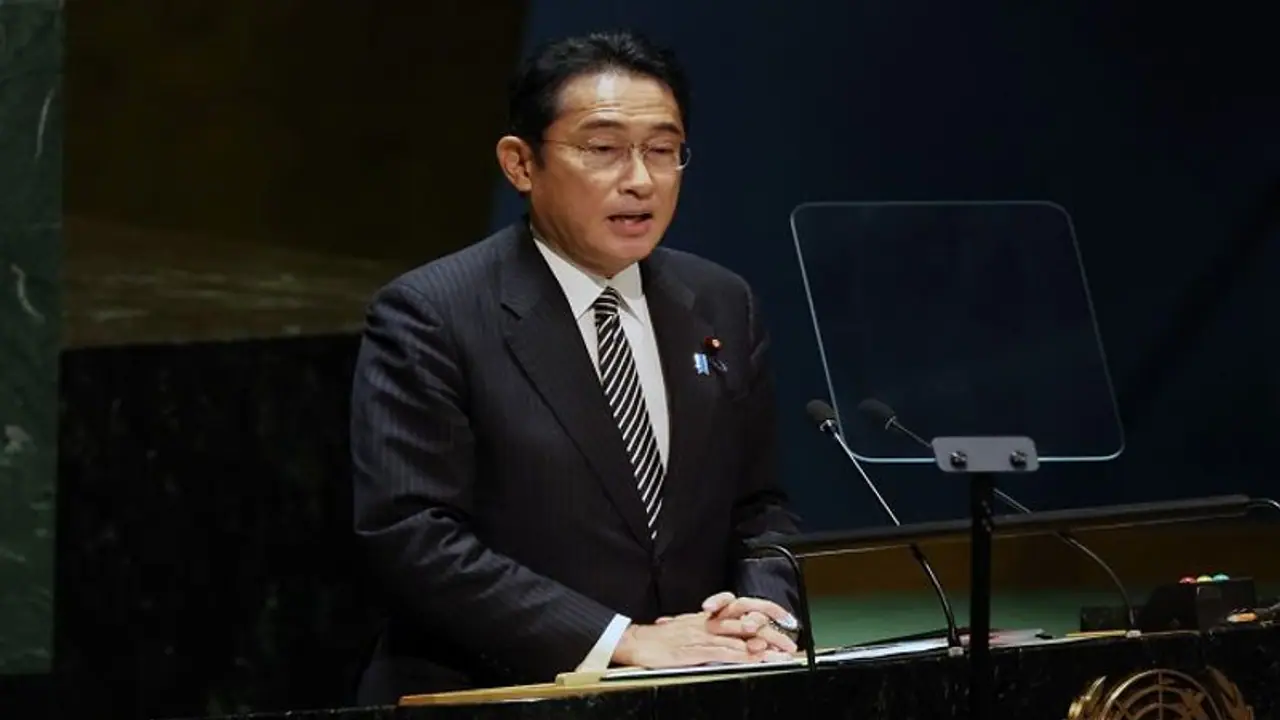Business organizations in and outside Japan have called for the country to ease its border controls to support the economy, especially the tourism industry, which has been badly hurt by the pandemic. But many Japanese are wary of further easing border measures because the country has been struggling with a seventh wave of infections.
Japanese Prime Minister Fumio Kishida on Wednesday announced a series of plans in a bid to ease border controls from early September by eliminating requirements for pre-departure Covid-19 tests for travellers who have received at least three vaccine doses, and he will also consider increasing daily entry caps as soon as next month.

Japan, which has imposed some of the toughest border measures due to the novel coronavirus, currently requires negative PCR test results within 72 hours of departure for all entrants, a practice that has been criticized as cumbersome.
Also read: UK breaks another record as heat temperature fails to drop below 26 degrees for entire day in July
After holding virtual meetings with government ministers and medical advisors earlier Wednesday, Kishida told reporters that entrants who have received at least one booster vaccine can waive the pre-entry test beginning September 7.
"We plan to gradually ease border controls to allow entry procedures to be as smooth as those of other Group of Seven countries," Kishida said from his official residence, where he has been on duty while isolating after testing positive for Covid-19.
Also read: Will Rishi Sunak serve in government run by Liz Truss? Here's what he said
The Japanese Prime Minister also said that his government plans to increase the daily cap for incoming travelers, currently set at 20,000, "as soon as possible." Media reports say the government is considering more than doubling the daily cap to 50,000 as early as next month.
"Our fight against the virus is not easy, but we should not be too afraid and instead take into consideration the characteristics of the omicron variant," Kishida said. "We will speed up our responses while balancing the infection measures and social and economic activities as much as possible."
Japan also plans to shorten the self-isolation period for Covid-19 patients from the current 10 days for those with symptoms and one week for those without symptoms. Officials are finalizing those details.
Also read: H-1B visa: US reaches visa cap of 65,000 for 2023, announces Immigration department
In June, Japan partially opened its borders to foreign tourists for the first time in two years but only allowed those who agreed to join package tours with guides. The number of entrants has dwindled under those restrictions.
Business organizations in and outside Japan have called for the country to ease its border controls to support the economy, especially the tourism industry, which has been badly hurt by the pandemic. But many Japanese are wary of further easing border measures because the country has been struggling with a seventh wave of infections.
Clinics have been flooded with patients with mild symptoms such as fever, sore throat and coughs, amid a lack of testing and test kits at pharmacies and online.
